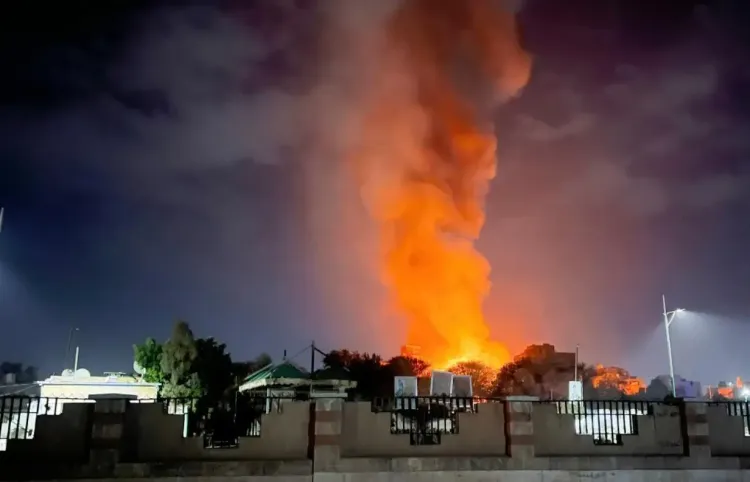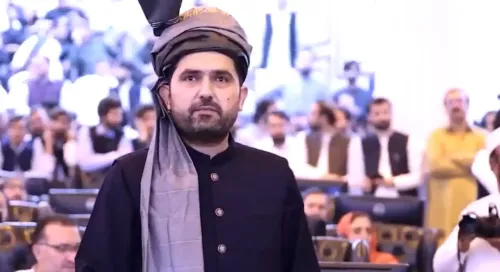Is the UAE Committing $1 Billion to Boost Yemen's Energy Sector?

Synopsis
Key Takeaways
- The UAE's pledge of $1 billion is a significant investment in Yemen's energy sector.
- Chronic electricity shortages have affected the Yemeni population for over two decades.
- The First National Energy Conference in Aden emphasizes the need for long-term reforms.
- The ongoing civil war has worsened Yemen's humanitarian crisis.
- Many families are resorting to desperate measures to afford basic necessities.
Aden (Yemen), Nov 27 (NationPress) The United Arab Emirates (UAE) has committed a substantial 1 billion US dollars to enhance electricity and energy initiatives in Yemen, as reported by state media.
The announcement was made on Wednesday (local time) following discussions in Aden between Presidential Leadership Council chief Rashad Al-Alimi and UAE Ambassador Mohamed Hamad Al Zaabi, who reiterated Abu Dhabi's commitment to rebuilding Yemen's damaged power infrastructure.
Yemen has grappled with chronic electricity shortages for over two decades, particularly in southern regions like Aden, where blackouts can last up to 12 hours daily. Damage to power facilities, restricted fuel availability, and fragmented governance have left millions dependent on private generators and small solar systems.
The UAE's recent pledge aligns with the First National Energy Conference held in Aden, where government officials, investors, and renewable energy specialists convened to explore long-term strategies to stabilize the power grid and attract investment, according to Xinhua, citing the state-run Saba news agency.
Additionally, Yemen has been embroiled in a civil war since late 2014 when the Houthis took control of several northern regions, displacing the internationally recognized government from the capital, Sanaa. Over the past decade, the humanitarian crisis has worsened as various pressures converge.
The conflict has devastated infrastructure, disrupted transportation and markets, and limited access to health and nutrition services. Ongoing instability has weakened state institutions and triggered a steep economic downturn. As the local currency depreciates and food prices soar, essential goods have become increasingly unaffordable for many families, exacerbating national food insecurity and leaving millions struggling to meet daily needs.
The rising economic challenges are forcing families to take desperate actions. In public markets across Aden, an increasing number of families are selling household items to afford food and medicine.









